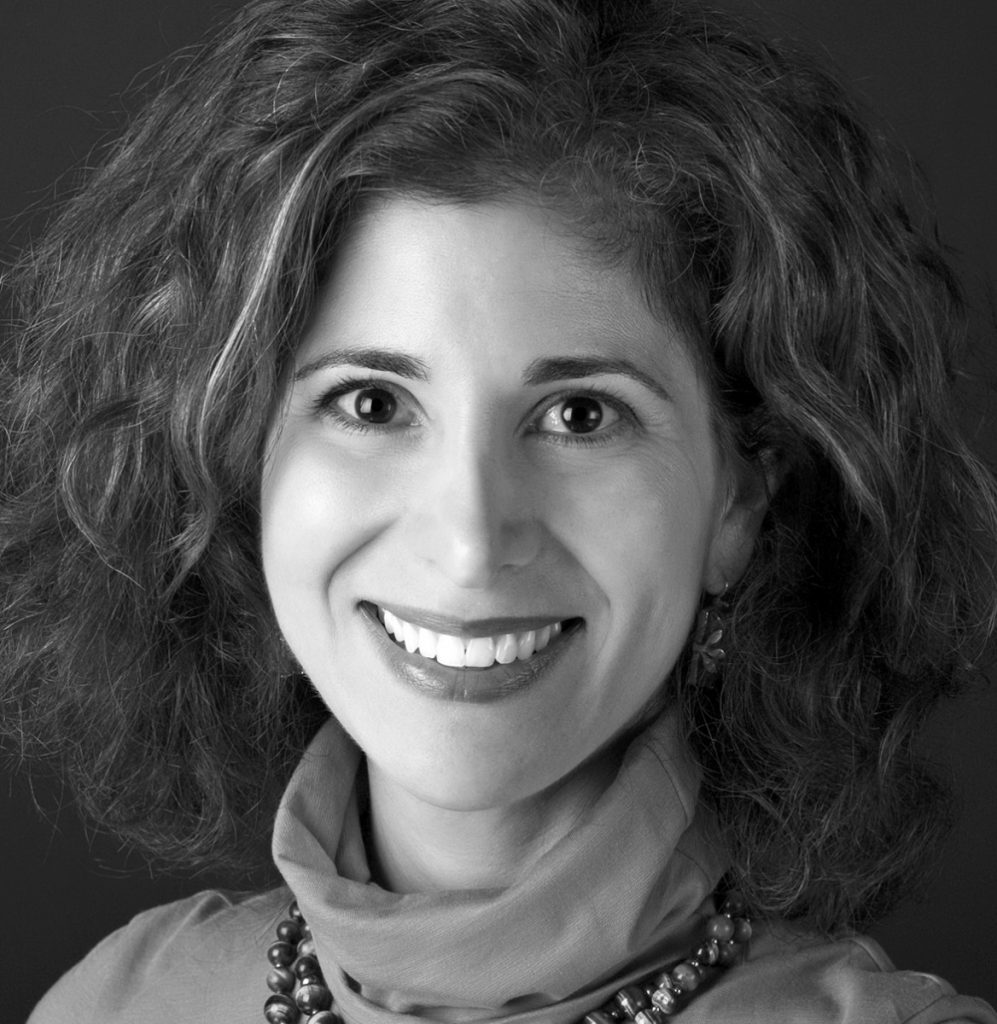NICHOLE JIANG – STAFF WRITER

Everyone may have their own definition of empathy. However, “understanding the feelings of another person, and having an appropriate emotional response” is what empathy means to Jackie Acho, founder of The Acho Group and author of Currency of Empathy: The Secret to Thriving in Business & Life.
Speaking to this week’s theme of “Building a Culture of Empathy,” Acho will speak at 10:30 a.m. Wednesday, Aug. 4 in the Amphitheater, discussing the importance of empathy in working toward a better society and the work that she has been doing with the Cleveland Police Department. Her lecture is titled “The Future of Policing: What’s Empathy Got to Do With It?”
Acho graduated with a bachelor’s degree in chemistry from the University of Michigan and later received both her master’s and doctoral degrees in inorganic chemistry from MIT. Acho has also received various recognitions for her work including being named “one of the 500 most influential women in Northeast Ohio” by Northern Ohio Live Magazine as well as “a top 40 under 40” by Crain’s Cleveland Business.
Before founding The Acho Group and writing books, Acho was a McKinsey & Company partner. However, after becoming the mother to two kids, Acho began the journey to where she is today.
“I was struggling with it, like every working parent, and it turns out that parenting is one of those moments that grows the empathic capacity of the brain,” Acho said. “So the struggle that I had was an emotional one.”
“I ended up starting my own business so that I could work and help my husband raise our kids.”
With a background in science, Acho had always been focused on logic, data and facts. But this experience opened her eyes — not just to the importance of empathy, but the potential it held to create a better society.
“I did a lot of technology-based growth and strategy and economic development,” Acho said, “and I started to realize that the clients that were able to execute the big, beautiful plans we made had something special in their culture. So I started to connect the personal and the professional, and realized that empathy was the missing link to innovation, and, it turns out, also inclusion.”
So, she shifted the way she worked.
“Around 2008, I started writing and speaking about a currency of empathy and doing work with clients to shift their culture, as opposed to writing their strategy,” Acho said. “Most of all of this was inspired from the inside out, when I became a parent. It just shifted my very left brain. I started digging into empathy … and I then started realizing that this is really a solution from the inside out for families, organizations and even broader society.”
After reading and researching empathy, Acho realized that people have different views of the matter. However, Acho wants to stress the importance of having an appropriate emotional response to others.
“It’s understanding the feelings of another person, and having an appropriate emotional response,” she said. “And it’s that last part that people usually leave out, and that’s why it can get a bad name. Because a lot of things that are not empathy get called empathy. So, a really important part of empathy is having that understanding, and then getting your own emotional triggers out of the way so that you can sit with somebody neutrally in their emotions.”
Even though some people are simply born more sensitive than others, Acho said, empathy is something that can be cultivated.
“There’s plenty of nurture, and you can develop empathy over a lifetime,” Acho said. “There are two times when people’s capacity for developing empathy is jacked up to the highest level. One is in very early childhood. And there’s two parts of empathy: There’s the emotional part, and then there’s the cognitive part. When you’re an infant, it’s that aspect of emotional empathy that’s developing its foundation, because you’re communicating your needs without words. The second time when empathy has the capacity to grow is when you have young children, and you spend time hands-on parenting with a lot of nonverbal communication. That’s a piece of affective empathy.”
Acho wants to highlight the importance of affective empathy, as many people don’t realize its significance.
“The piece everybody focuses on when they do empathy training is cognitive empathy,” Acho said. “So what they’re doing is they’re telling you how to take somebody else’s perspective. But the problem is, you really hone your cognitive empathy, but your affective empathy is stunted. So you don’t have the feelings inside, but you can project intellectually what somebody else is feeling. While you can manipulate people, this is worse, because the definition of a psychopath is somebody who has super high cognitive empathy, and zero affective empathy.”
Acho strongly believes that people can develop both sides of empathy, and the Cleveland Police Department is just one example of this possibility. This work will be a main feature in today’s lecture.
“The Cleveland Police are actually our poster-child client. They called me out of the blue, in 2015, because I had given a TEDx talk called ‘A Good Day’s Work Requires Empathy,’ and Detective Gibbons, who works in employee assistance, called me and said, ‘I think we have a problem with empathy. Can you help us?’ and I nearly dropped the phone,” Acho said. “Slowly but surely, we adapted a cultural diagnostic basis survey so that we could do a pilot in the most violent district in Cleveland. We set up an innovation team, and they set about making changes based on the feedback that they had gotten from all of the officers. And in the course of two years, they had incredible results. … The use of force went down by 29% and citizen complaints went down by 45%. So, they really shifted the culture to the positive in a short period of time, and when you think about a 160-year-old paramilitary organization, it’s kind of astonishing.”
People may wonder how they can make a personal impact on society with empathy. To this, Acho has one piece of advice.
“What you need to do in order to develop mature affective empathy is to take good enough care of yourself emotionally, physically and spiritually, so that you can move your own triggers, out of the way in your relationships with other people and in your interactions with other people,” Acho said. “So skip the projection, and don’t solve everybody else’s problems if they don’t want your help. Be able to be curious, and just sit with somebody else in their experience.”





